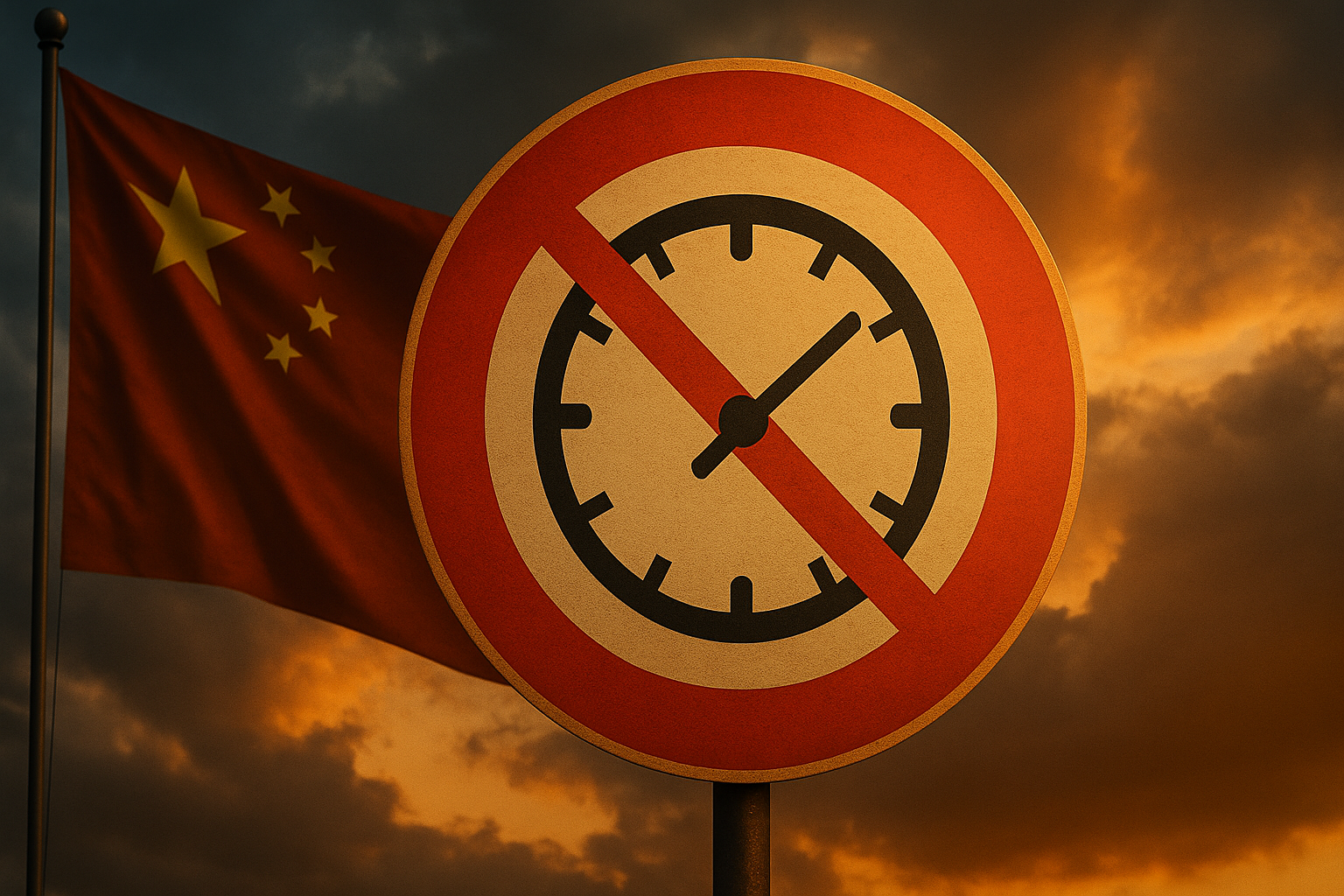Imagine sitting down to enjoy a sci-fi classic—only to realize it’s banned in your country. No Back to the Future, no Doctor Who, not even a hint of Avengers: Endgame. Sounds unbelievable, right?
But for one nation, this isn’t fiction—it’s a real policy decision grounded in deep cultural and political reasoning.
Let’s explore the fascinating story of why China banned time travel in movies—and what that says about its relationship with history, censorship, and storytelling.
The Surprising Ban: Why Time Travel Was Deemed Inappropriate
In 2011, the State Administration of Radio, Film, and Television (SARFT) in China issued a directive discouraging time travel-themed movies and television dramas. While it wasn’t a formal “law,” this advisory carried significant weight—and content creators took notice.
The primary concern? According to officials, time travel plots were “frivolous, disrespectful to history, and potentially misleading.”
The government felt that these storylines:
- Distorted historical facts
- Encouraged escapism
- Undermined moral and political values
But the next discovery shocked even scholars…
A Deeper Look: Cultural Reverence for History in China
To truly understand this ban, we need to examine the unique importance of history in Chinese culture.
Unlike many Western countries, where time travel is often viewed as imaginative fun, China treats its past with profound respect. Historical dramas are deeply popular, but they must stick closely to Confucian ideals, uphold national dignity, and promote harmony.
So when TV shows started depicting modern people traveling back to ancient dynasties, falling in love with emperors, or influencing past events, regulators saw this as trivializing sacred traditions.
This changes everything…
When Entertainment Meets Ideology: The Role of Media in China
China’s media is not just entertainment—it’s considered an extension of state education and ideological guidance. Movies and shows are expected to:
- Promote patriotism
- Reinforce moral values
- Avoid spiritual or superstitious themes
Time travel, ironically, falls into a category that blurs the line between science and “feudal superstition,” something the Chinese government actively discourages.
You may also like: Why North Korea Bans Blue Jeans (And What It Symbolizes)
Not Just Fiction: Real Examples of Banned or Altered Shows
Several high-profile shows were affected by the time travel guidance. One of the most famous is:
- “Palace” (《宫》): A 2011 TV drama about a modern woman who time-travels to the Qing Dynasty. While immensely popular, its success triggered regulatory scrutiny and ultimately contributed to the ban’s enforcement.
Other titles either got shelved or were heavily revised, including:
- Episodes of Doctor Who removed from online platforms.
- Edits to Avengers: Endgame and other Western sci-fi imports to remove time-travel elements or minimize their philosophical implications.
But the twist goes deeper…
Control vs Creativity: What This Ban Says About Artistic Freedom
At its core, this move isn’t just about time travel—it’s about narrative control.
By regulating what stories can be told and how they’re framed, Chinese authorities maintain a tight grip on national identity. Time travel stories, by their very nature, encourage questioning:
- “What if history had turned out differently?”
- “Could one person change the past—or the future?”
- “Is destiny fixed, or can it be rewritten?”
These are powerful, potentially subversive ideas. And for a government that prizes social stability, they can be seen as a threat.
Wait until you see this…
The Global Impact: How It Affects International Filmmakers
With China being one of the world’s largest film markets, Hollywood and global creators pay close attention to its policies.
In some cases, studios have gone to great lengths to edit, reframe, or even exclude time-travel elements in order to secure a Chinese release. This includes:
- Altering trailers and marketing materials
- Removing specific dialogue about time manipulation
- Adding disclaimers about the fictional nature of the content
This has sparked ongoing debate in the global film industry: should artistic vision be compromised for commercial access?
More on that in just a second…
Time Travel Isn’t Gone—Just Rewritten
Interestingly, while “pure” time travel may be discouraged, parallel universes, reincarnation, and dream sequences have found loopholes in the system.
Writers have cleverly adapted, using metaphors or symbolic time jumps instead of literal ones. It’s a testament to creative resilience—even within constraints.
Some newer Chinese dramas now use:
- Simulated reality or memory regression
- “What if” alternate timelines
- Historical games or VR settings as framing devices
It’s storytelling innovation under pressure.
Final Thoughts: What the Ban Teaches Us About Power, History, and the Future
So, why did China ban time travel in movies?
Because stories shape perception—and perception shapes power.
By limiting how people imagine the past and the future, authorities seek to protect a specific vision of national identity. It’s not just censorship—it’s cultural preservation mixed with political pragmatism.
But as always, creativity finds a way.
If this fascinated you, don’t forget to share it with a curious friend.
Summary Takeaway
China’s time travel ban in film and television reveals the deep intersection of culture, ideology, and creative expression. While it may seem like a niche restriction, it opens a broader discussion about how governments shape the stories we’re allowed to tell—and the realities we’re encouraged to imagine.
Disclaimer: This article is for educational purposes only and reflects publicly available information.





